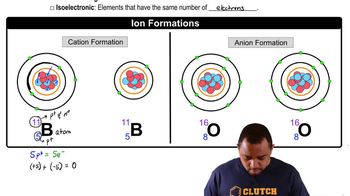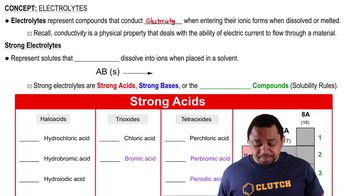Textbook Question
(b) A particular chip snack food is composed of 12% protein, 14% fat, and the rest carbohydrate. What percentage of the calorie content of this food is fat?
1
views

 Verified step by step guidance
Verified step by step guidance


(b) A particular chip snack food is composed of 12% protein, 14% fat, and the rest carbohydrate. What percentage of the calorie content of this food is fat?
(a) A serving of a particular ready-to-serve brown & wild rice meal contains 4.5 g fat, 42 g carbohydrate, and 4.0 g protein. Estimate the number of calories in a serving.
The heat of combustion of fructose, C6H12O6, is -2812 kJ/mol. If a fresh golden delicious apple weighing 120 g contains 16.0 g of fructose, what caloric content does the fructose contribute to the apple?